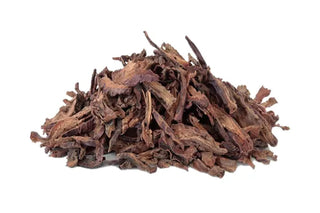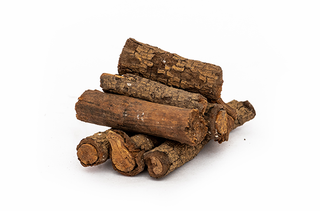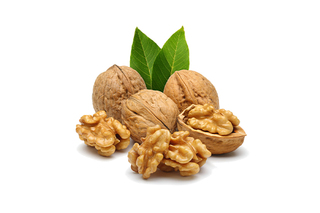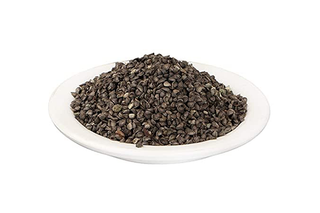
Ingredients
Ashoka
Ashoka (Saraca asoca) is an important Ayurvedic herb known for its benefits to women's health
Ashoka, scientifically known as Saraca asoca, is an important medicinal tree in Ayurveda, highly regarded for its ability to balance the Pitta and Vata doshas. The name "Ashoka" means "the one that removes sorrow," as it is believed to help relieve emotional distress and promote overall well-being.
Ashoka is primarily known for its benefits to women's health, particularly in managing menstrual disorders and reproductive health, but it also offers various benefits for general health and vitality.Ashoka is used extensively to support the female reproductive system. It helps regulate menstrual cycles, alleviate menstrual cramps, and reduce excessive bleeding. It is often used to treat conditions like dysmenorrhea (painful menstruation) and menorrhagia (heavy periods). Ashoka also supports uterine health and is used in Ayurveda to treat conditions such as fibroids, leucorrhea (white discharge), and other uterine disorders. Additionally, it is thought to have mood-stabilizing properties, helping to reduce stress, anxiety, and symptoms of depression.
Beyond its benefits for women’s health, Ashoka has anti-inflammatory, analgesic, and antioxidant properties that support general well-being. It is used to promote heart health by strengthening the heart muscles and improving circulation. The herb also has mild detoxifying properties, which support liver and kidney function, and it is used in Ayurvedic treatments to cleanse the blood and improve skin health. Ashoka’s ability to balance the Pitta dosha makes it useful in treating skin conditions like acne, rashes, and other inflammatory skin issues.
Ashoka can be consumed in various forms such as powder, decoction, or in herbal formulations. Its bark, leaves, and flowers are typically used in Ayurvedic preparations, either internally for medicinal purposes or externally for skin treatments.








